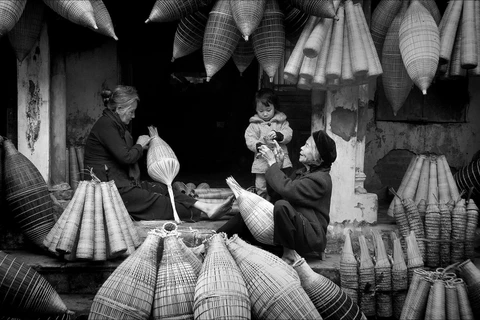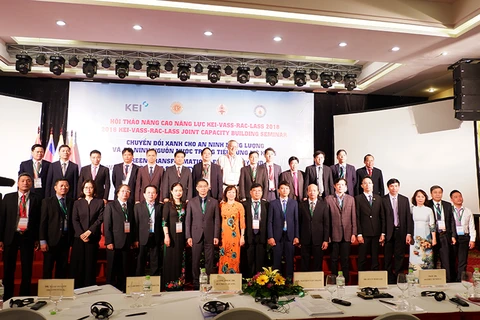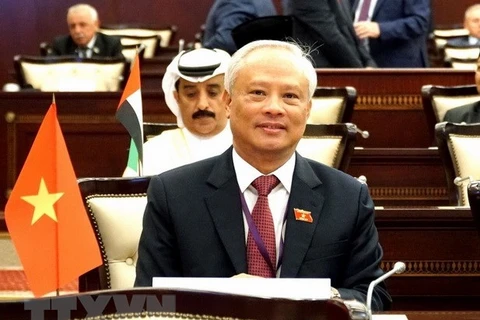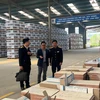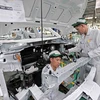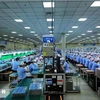 Rising inequality in the distribution of economic growth threatens sustainable development and poses huge challenges to the country’s development model, according to VASS Vice President Dang Nguyen Anh (Photo: VNA)
Rising inequality in the distribution of economic growth threatens sustainable development and poses huge challenges to the country’s development model, according to VASS Vice President Dang Nguyen Anh (Photo: VNA) Hanoi (VNA) – A workshop took place in Hanoi on October 18 to discuss ways to foster sustainable and inclusive growth in Vietnam.
The event was jointly held by the Vietnam Academy of Social Sciences (VASS) in partnership with the Vietnam National Commission for UNESCO and the UNESCO Office in Hanoi.
Participants shared views on pressing issues related to the pillars of sustainable development and how sustainable development is associated with inclusive growth. They, thereby, recommended necessary interventions and amendments to policies to bridge the gaps and reduce social inequality.
Sustainable development is a goal and necessary requirement of every country around the world which has created both opportunities and challenges to national construction, said VASS Vice President Dang Nguyen Anh.
Rising inequality in the distribution of economic growth threatens sustainable development and poses huge challenges to the country’s development model, he added.
UNESCO Representative to Vietnam Michael Croft said growth is fundamental to social development but in order to achieve sustainable growth, it is vital to encourage the involvement of the entire community, especially women.
At present, UNESCO is implementing various programmes to promote sustainable development in Vietnam and in the coming time, UNESCO will expand projects in many more sectors to create employment opportunities for more people, he noted.
Vietnam has recorded a drastic change in employment, away from agriculture and towards services and manufacturing. The country started off as a highly agrarian economy with 80 percent of workers in agriculture in the early days of the “Doi Moi” (reform) period. In 2015, the employment share of agriculture shrank to 44.3 percent, with the labour force shifting towards services and manufacturing which generated 33.4 percent of employment. However, agriculture today still employs 70 percent of the rural population, even though the sector only contributes to 16 percent of the GDP.
The informal sector employs 11 million out of the total 46 million workers, who account for almost half of all informal employment outside of farmlands. Of these people, 43 percent work in manufacturing and construction, while 31 percent and 26 percent work in trade and services, respectively.
Many challenges remain, hindering the country’s progress in achieving inclusive growth – most notably in creating jobs for rural people, said Anh. He suggested the country develop more social policies exclusively for disadvantaged communities like the poor, the elderly, the unemployed, and the disabled.–VNA
VNA


